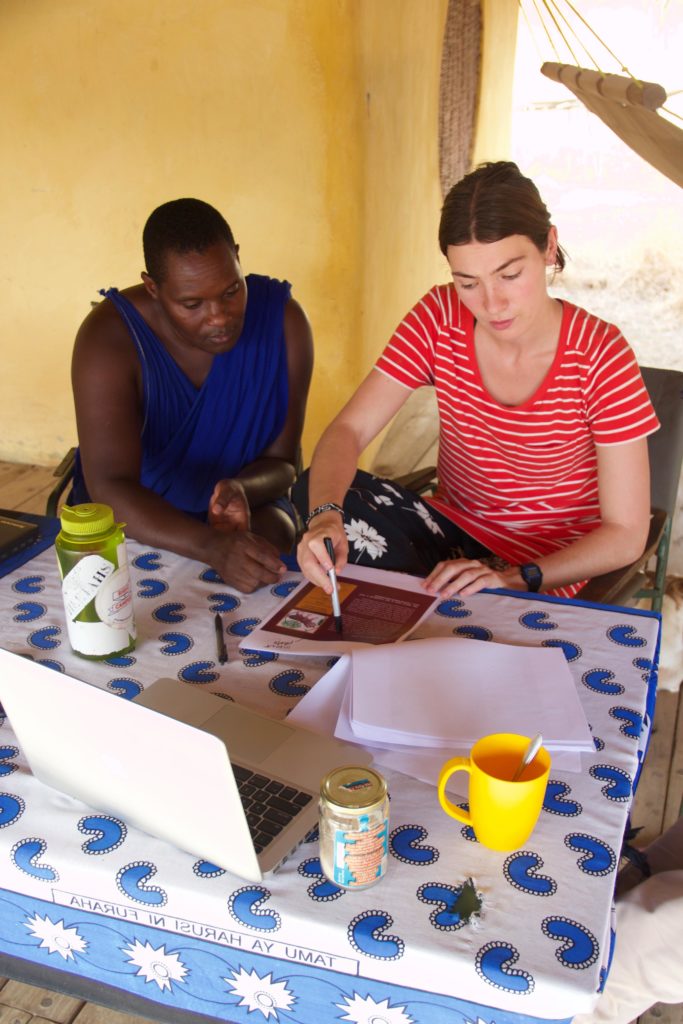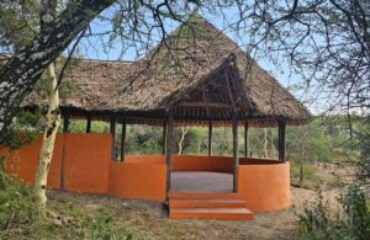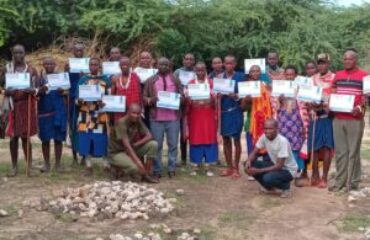
The unique landscapes of the South Rift, and the continued coexistence of people and wildlife, are largely based on the traditions and customs of the area’s resident Maasai communities. A core part of SORALO’s strategy is a recognition that for the continued protection of these landscapes and local tolerance of wildlife, the community values that underpin those must be maintained.
A key focus in this area of work in 2018 was the development of our Junior Pastoral Conservationist Programme (JPCP) targeted at sharing SORALO’s story of coexistence with local wildlife clubs in primary and secondary schools through a year-long curriculum (lesson guides). SORALO knows that all efforts towards ecological and cultural conservation will be fruitless if the youth within these communities are not engaged. Each lesson is designed to relate in some way to our three guiding principles: eramatare, enkanyiet, and entaisere. Since the crafting of our programme framework and the Term One lesson guide between October and December 2018, we’ve implemented the curriculum in six schools (four primary-level, two secondary) as a pilot project between January and March 2019. We also ran a facilitation training for all wildlife club patrons and head teachers to discuss the programme and how we would support it through the year.
Alongside the lesson guides, we have been able to finalize complementary resources, such as our Maasai Cultural Connections book, which tells the story of Maasai clan totems, associations that Maasai people have with wildlife, and will be translated into Maa. We are excited to continue our work with the youth in the South Rift, and grow our vision for this programme and its reach in the years to come.





